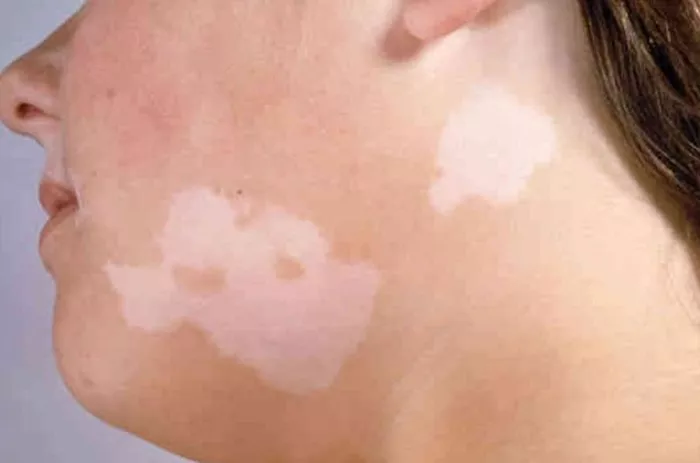White patches on the skin, commonly referred to as hypopigmentation or vitiligo, can be symptomatic of various underlying conditions. While infections, autoimmune disorders, and genetic factors are often recognized as causes, experts highlight that nutritional deficiencies—particularly in certain vitamins—can also play a significant role.
Dr. Nishtha Patel, a consultant dermatologist at Kosmoderma, and Kiran Bhatt, a cosmetologist and vice president of Junoesque, emphasize that three primary vitamins are commonly associated with the development of patchy skin: vitamin B12, vitamin D, and folic acid.
Vitamin B12 Deficiency
Vitamin B12 is essential for maintaining healthy skin, and its deficiency has been linked to the appearance of depigmented patches. Bhatt explains that the amino acid homocysteine requires vitamin B12 for proper metabolism. In the absence of sufficient B12, homocysteine levels can build up, leading to oxidative damage to skin cells, including melanocytes, which are responsible for skin pigmentation.
Patel adds that vitamin B12 is crucial for synthesizing methionine, a precursor of S-adenosylmethionine (SAMe), which plays a vital role in methylation processes. Methylation is necessary for regulating gene expression, including genes that support melanin production. Consequently, a deficiency in vitamin B12 can impair melanin synthesis and contribute to hypopigmentation.
The Role of Vitamin D
Often referred to as the “sunshine vitamin,” vitamin D is produced by the skin upon exposure to sunlight. According to Patel, there is a direct correlation between vitamin D levels and skin health. The melanocytes express vitamin D receptors (VDRs), and the active form of vitamin D, known as calcitriol, promotes the growth and multiplication of melanocytes, thereby stimulating melanin production.
Research has consistently found low levels of vitamin D in individuals with vitiligo, underscoring its importance. Treatment options may include oral vitamin D supplements or topical applications.
Folic Acid’s Contribution
Folic acid, also known as vitamin B9, is closely linked to the body’s methylation processes and DNA synthesis. Bhatt notes that a deficiency in folic acid can elevate homocysteine levels, leading to oxidative damage and the destruction of melanocytes. A combination of vitamin B12 and folic acid supplementation has been shown to improve hypopigmentation in individuals with vitiligo.
In summary, white patches on the skin may indicate underlying health issues, with vitamin deficiencies being a frequently overlooked factor. Substantial evidence supports the link between deficiencies in vitamins D, B12, and folic acid and the development of vitiligo, highlighting the importance of their supplementation in managing this condition.
Related Topics
Seven Foods to Avoid if You’re Prediabetic
New Covid Strain XEC Emerges in the UK: Symptoms and Vaccination Guidance
Concern Grows Over Spread of Eastern Equine Encephalitis in Northeastern States

































